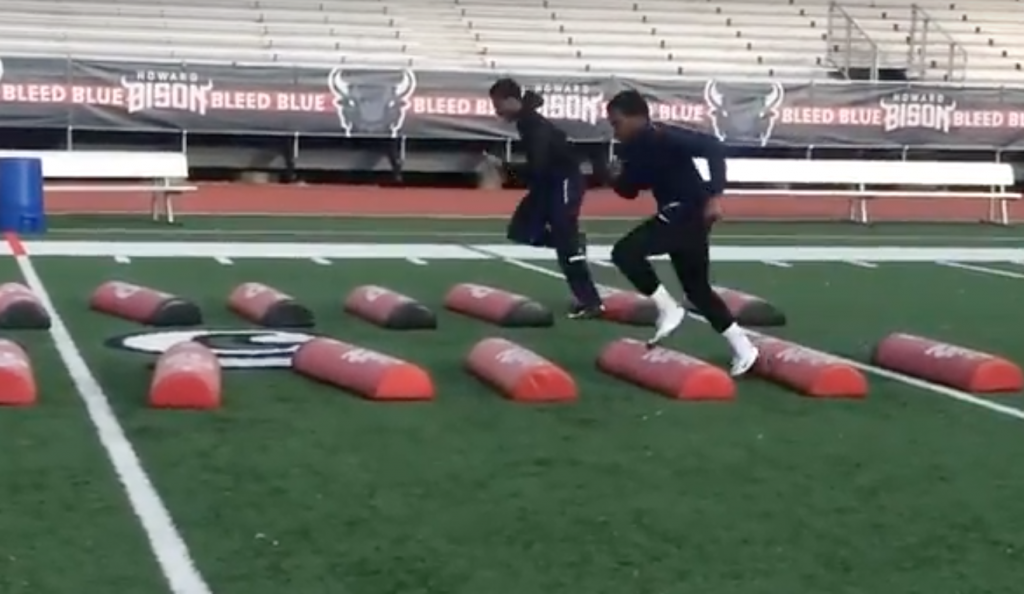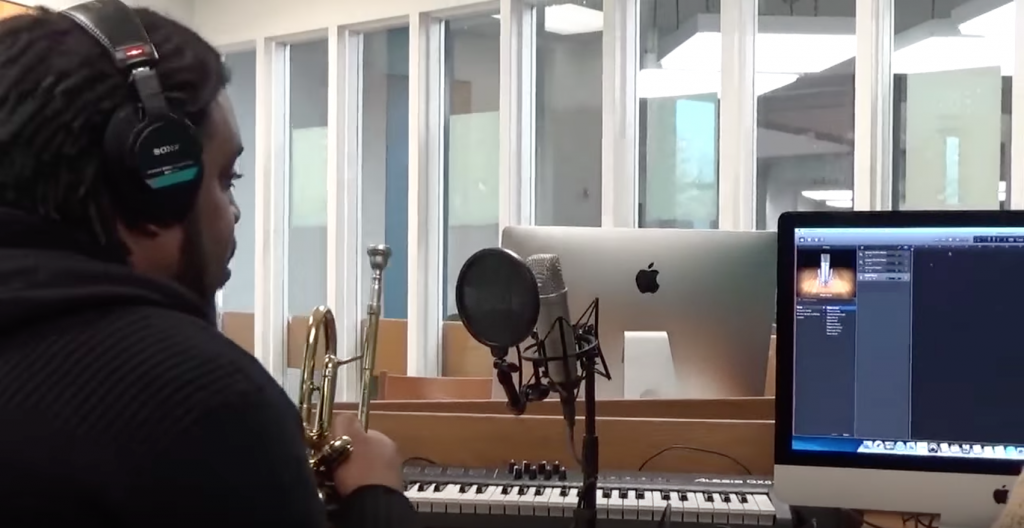Owners Say Unfair Taxes Threaten Small Businesses
Fed up with escalating tax rates on commercial property in Washington, owners of small businesses met Tuesday night to air their grievances and demand a change.
Ward One Councilmember Jim Graham , Ben’s Chili Bowl owner Kamal Ali and Lee’s Flower & Card Shop owner Rick Lee hosted a town hall meeting on small business tax relief in U Street’s historic Lincoln Theater.
“We’re trying to get them to lower taxes, to put a cap on taxes, whatever we can do to relieve this pressure on small businesses,” Lee said.
Business owners are concerned about the rapid increase in the city’s commercial property tax rate. A commercial property owner’s tax bill is based on the assessed value of the property. This value is determined annually when an assessor visits the site.
The 2008 tax rate for commercial properties in the District of Columbia is $1.85 per $100 of assessed value. This is the same rate as 2006, when it was about $0.82 per $100 of assessed value in nearby Alexandria, Va.
Several proprietors said that the assessed value of their properties had increased by as much as 300 percent to 400 percent within the last few years, even though they had made no upgrades to their buildings. They placed part of the blame on the construction of residential condominiums, which drive up property values in the area.
Ali said that between 2005 and 2006, the assessed value of his building increased from $438,000 to just above $1.44 million. His property taxes increased accordingly.
Some who spoke at the meeting said the city caters to large retail chains and franchises while taking small businesses for granted. They said corporations like Target (which is building a new store in the Mount Pleasant neighborhood) and Nordstrom are given tax incentives to open locations in the city.
According to a June 2007 article in the Washington Post, the District is considering granting $20 million in tax increment financing (TIF) to attract Nordstrom to Georgetown.
“If anybody needs taxes to go up, it’s big business,” Lee said. “I feel that big business in Washington ought to pay their fair share and if anybody ought to get a break, it’s small businesses.”
Many who took part in the meeting were unimpressed by the $11 million earmarked in the city’s 2008 budget to help relieve small businesses’ property tax burden.
“They’re asking me to stand in line to get back a nickel of the dollar I paid,” said one man who has been in business locally for 31 years.
Advisory Neighborhood Council (ANC) Commissioner Dee Hunter, a small business owner himself, believes tax rates for small business owners should be lowered and that a portion of this tax revenue should be reinvested in the development of small businesses.
“The reality of the matter is small businesses play a vital role in the economic viability of the city by providing employment and services,” he said.
The meeting’s organizers had hoped Mayor Adrian Fenty and the entire D.C. City Council would be in attendance. However, when Graham asked if any council members were among the crowd of approximately 30 people in the theater, there was no response.
Echoing the sentiments of others gathered at the meeting, Graham said Washington’s small businesses are in jeopardy.
“Now that the city is turning around,” he said, “they’re in danger of becoming victims of the renaissance they helped create.”



